Colocasia Pinkey Heart- Rare
Original price was: ₹8,900.00.₹6,308.87Current price is: ₹6,308.87.
1 in stock
Single plant | Pot Included | Free Shipping
Location & Light – 🔸🔸
Bright overhead lighting is best for wholesome (360º) growth, as locations too far from the window will cause dramatic phototropism. Although the excessive sunlight should be avoided at all costs, an hour or two of winter sun will provide vital nourishment to get it through the dormancy period.
Colocasia can be trained to tolerate harsher levels of sunlight (with exceptions) than most houseplants, by gently increasing the number of hours in the sun over the oncoming month. This process is best done from autumn to late winter, whilst the rays are at their weakest.
Each week, increase the amount of light by an hour, starting with just an hour of morning sunlight to gain its momentum. The plant will slowly decease the production of chlorophyll, which in turn will reduce the risk of bleaching and sun-scorch. Remember to keep the specimen well hydrated during this period, and always abort the experiment if it shows signs of sun-scorch. The maximum amount of sunlight for this plant is around four hours a day.
Water – 🔸🔸
A key difference between the Colocasia and its famous counterpart, Alocasia, is the tendency of needing slightly more water. Although it’s highly important to not fall in the trap of over-watering (especially with those located in darker environments), periods of drought will result in the specimen falling back into its dormancy with stunted growth. Allow the top third to dry out in between waters, reducing this further in the autumn and winter. Under-watering symptoms include stunted growth, brown leaf edges and yellowing leaves. These issues are commonly caused by being pot bound, too much sunlight or heat, or pure forgetfulness. Over-watering symptoms include a collapsed base, yellowing older leaves, mouldy soil and plant death. If you feel that root rot is to blame, remove the affected leaves, roots, and soil, and replace with a fresh batch of houseplant compost. Click on this link for more info about addressing this disease.
Humidity – 🔸🔸
Create a humidity tray while the heaters are operating to provide a moist and stable environment for your plant. If the surrounding saturation is too low or the heat too high, its leaf-tips may start to brown over and curl, especially in direct sunlight. Hose the foliage down from time to time to hydrate the leaves and keep the dust levels down.
Fertilisation – 🔸🔸
Feed every four waters during the growing period and every six in the autumn and winter, using a ‘Houseplant’ labelled fertiliser. Never apply a ‘Ready to Use’ product into the soil without a pre-water first, as it may burn the roots and lead to yellowed leaves.
Only logged in customers who have purchased this product may leave a review.


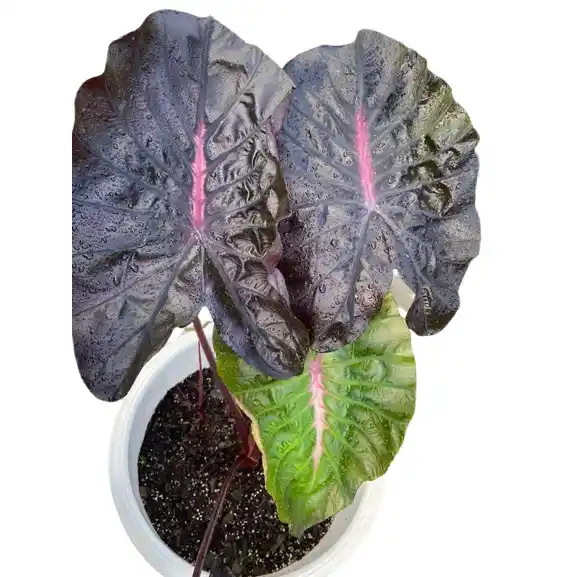
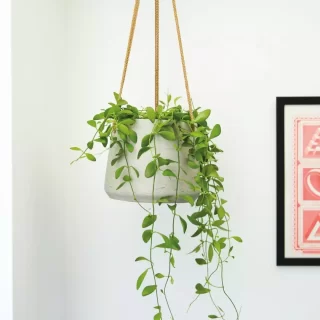
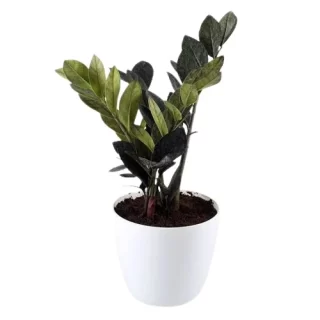
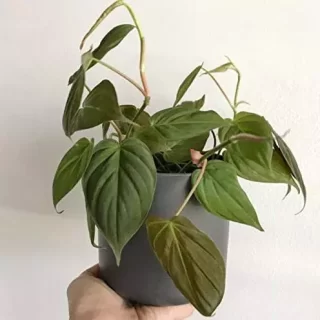
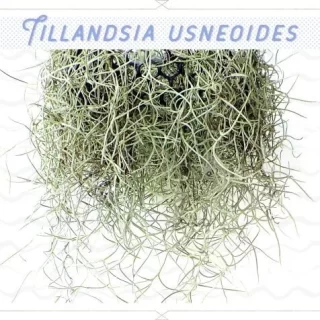
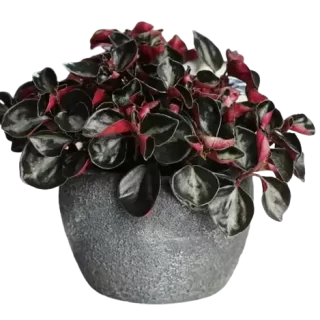
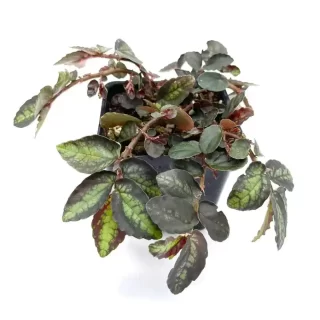
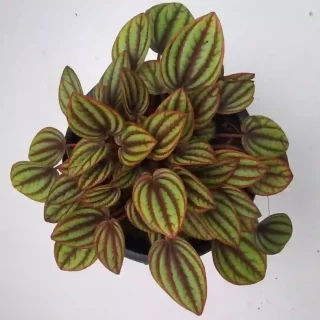
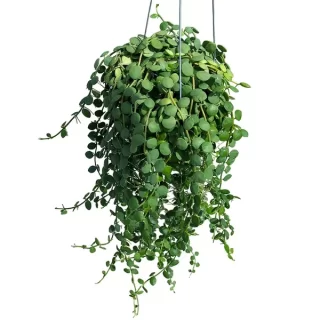
 If you need any assistance, I'm always here. Have you found what you were looking for?
If you need any assistance, I'm always here. Have you found what you were looking for?
Reviews
There are no reviews yet.